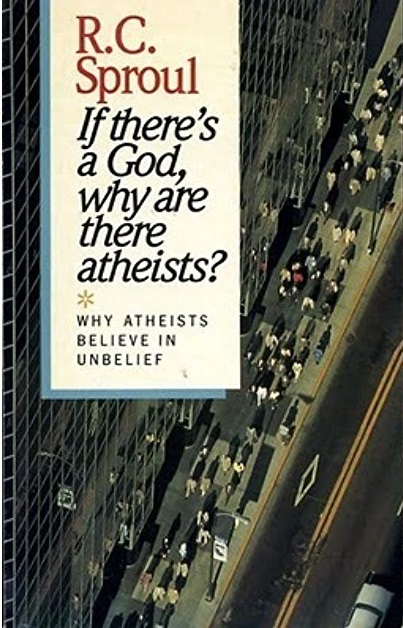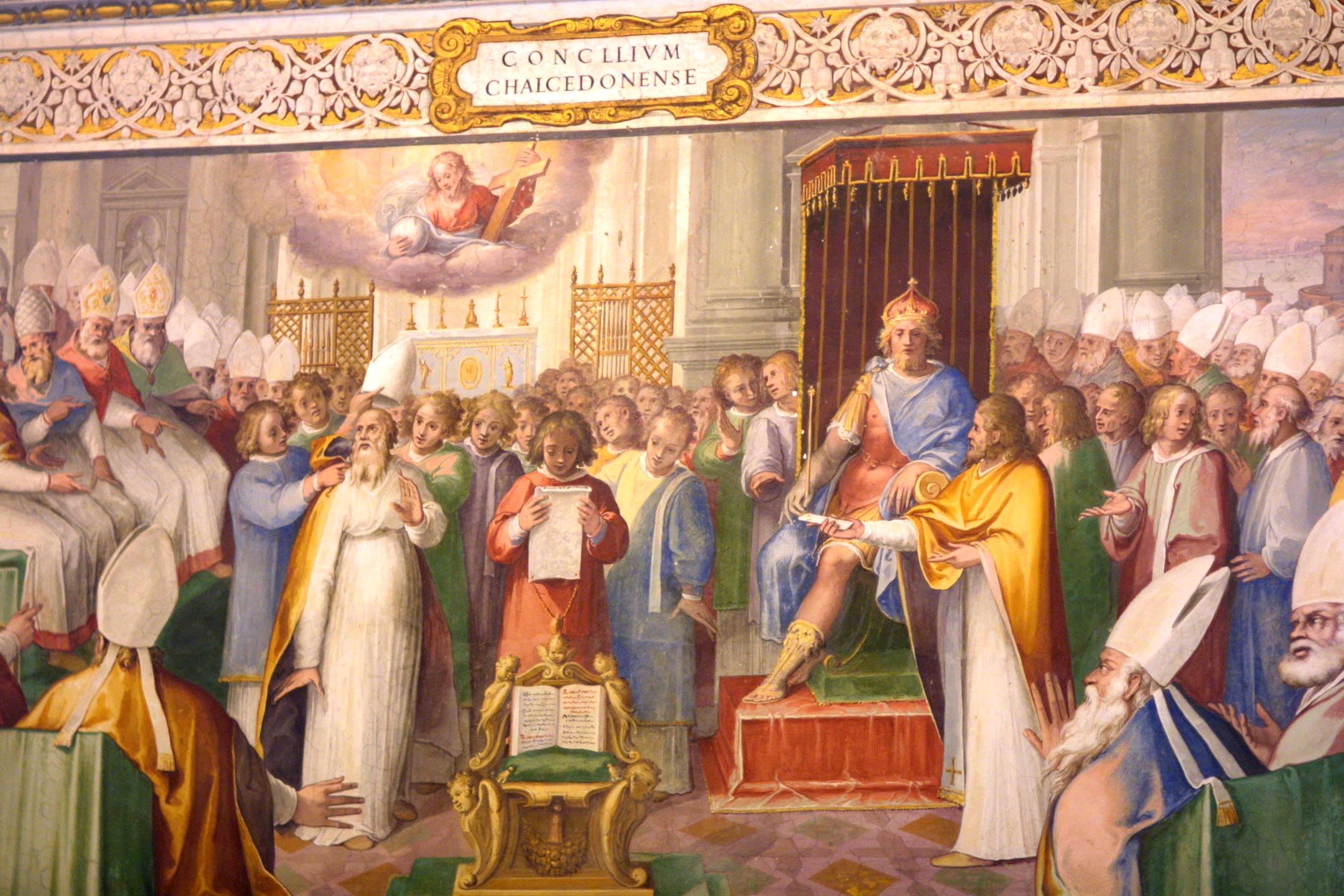Related Post: The Psychology of Atheism: From Gaze to Glory. Part 1/2 Excerpts from R.C. Sproul, If There’s a God, Why Are There Atheists: Why Atheists Believe in Unbelief (Wheaton, IL: Tyndale House, 1989), The Failure of the Atheistic Psychological Critique of Religion If these men – Freud, Feuerbach, Marx, and Nietzsche – we have … Continue reading “The Psychology of Atheism: From Gaze to Glory. Part 2/2”
Related Post: The Psychology of Atheism: From Gaze to Glory. Part 1/2

Excerpts from R.C. Sproul, If There’s a God, Why Are There Atheists: Why Atheists Believe in Unbelief (Wheaton, IL: Tyndale House, 1989),
The Failure of the Atheistic Psychological Critique of Religion
If these men – Freud, Feuerbach, Marx, and Nietzsche – we have some examples of great thinkers who have located the “whence” of religion in one aspect of man’s psychological makeup or the other. Fear of nature, wish-projection, relief from guilt and anxiety, fear of economic revolution, and fear of nothingness are all labels for various psychological states that make religion appealing. To be left alone and unprotected in a hostile or indifferent universe is a terrifying thought. The proverbial maxim “necessity is the mother of invention” is applied to religion as well as to myriad drugs or television sets. [p. 48]
It is also very important to note that what Freud and others offer are plausible alternate explanations to the origin of religion other than those offered by theists. It is one thing to demonstrate that man can fabricate religious experiences; it is another thing to demonstrate that he actually does so. It is one thing to argue that men can invent religion out of psychological necessity; it is another to argue that he does. The former involves questions of psychological and intellectual ability; the latter involves questions of history. When Freud spoke of origins, he was writing as a historian, not as a psychologist. We know his competence as a psychologist; his competence as a historian is certainly not so well attested.
[pp. 50-51] Continue reading “The Psychology of Atheism: From Gaze to Glory. Part 2/2”







